Seeking out authoritative information is crucial for academic research for several reasons:
Accuracy and reliability: Authoritative sources are typically written, reviewed, and published by experts in their respective fields. They undergo a rigorous editorial process, which helps ensure the accuracy and reliability of the information presented. This is especially important in academic research, where the goal is to build upon existing knowledge and contribute to the field.
Credibility and trustworthiness: Authoritative sources are more likely to be trusted by the academic community and other researchers. Using such sources adds credibility to your own research and strengthens your arguments. It also helps in building trust with your readers or audience.
Peer review: Many authoritative sources, especially scholarly articles and books, undergo a peer review process where experts in the field critically evaluate the work before publication. Peer review helps to identify and rectify errors, biases, and methodological issues, making the research more robust.
Validity and quality: Authoritative sources are more likely to present high-quality, well-researched, and methodologically sound work. They are more likely to adhere to research standards and ethical guidelines, increasing the validity of the information they provide.
Depth and breadth of knowledge: Authoritative sources often contain a more comprehensive and in-depth analysis of a topic. They may provide historical context, literature reviews, and detailed methodologies that can be valuable for academic researchers seeking a thorough understanding of a subject.
Academic requirements: Many academic institutions and research publications require or strongly recommend the use of authoritative sources in research projects and papers. Failing to use such sources may result in a lower academic grade or the rejection of a research paper for publication.
Citation and academic integrity: Properly citing authoritative sources in your research demonstrates academic integrity. It gives credit to the original authors and allows readers to trace the information back to its source, promoting transparency and accountability.
Building on existing knowledge: Academic research aims to contribute to the body of knowledge in a particular field. Authoritative sources provide a foundation for your research and help you identify gaps in the existing literature, allowing you to build on what is already known.
Avoiding misinformation and bias: Authoritative sources are less likely to contain misinformation, pseudoscience, or biased information. They provide a more balanced and evidence-based view of a subject, helping you avoid the pitfalls of relying on unreliable or biased sources.
In summary, seeking out authoritative information is essential for academic research because it ensures the accuracy, credibility, and reliability of the information you use, which, in turn, enhances the quality and validity of your research findings and contributes to the integrity of the academic community.

